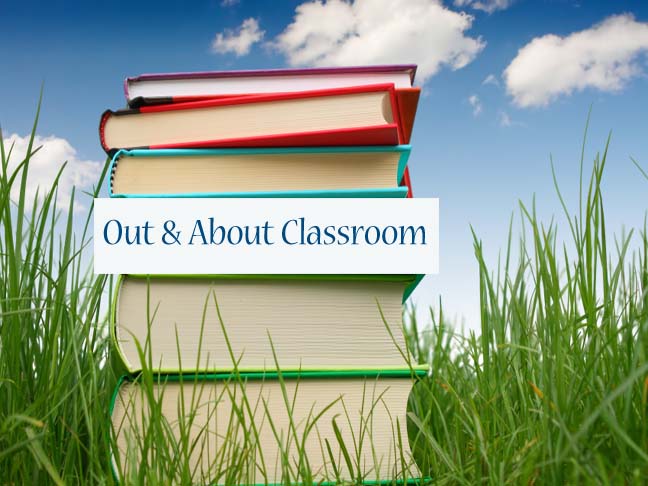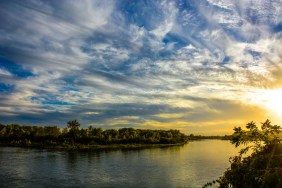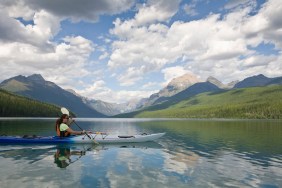All of the fifty states are distinctive, each with its own topography. In Hawaii, it ranges from the peaks of the volcanoes to the white, sandy beaches by the sea. In Nebraska, there are miles upon miles of cornfields, while Pennsylvania is enhanced by the Appalachians.
Even with the expansion of industry and population, there are acres upon acres of preserved land that maintain the true architecture of our country. We can walk on the trails, where long ago, Indians used to hunt for food. We can climb into the trunk of a Redwood; some which are remarkably older than a thousand years. So much can be learned about the history of a state just by studying the landscape.
Before starting off on your adventure, bring a list of your state bird, state animal and state flower. Research before hand the wildlife that lives in your area and turn your adventure into a scavenger hunt. Point out your findings, check them off your list, take photos, but remind your children to never disturb nature.
Upon returning from your trip to the park, go onto the Google Earth website to show your children the differences in the topography of your state. Using the satellite, hone in on the path you took through the park, then switch to the neighborhood where they live and play. Have your children point out the differences they find, ask them why they think there are variances in the colors on the maps. For older children, have them Google the name, John Muir and learn about the man who dedicated his life to preserving the state parks.
To find out more about the state parks in your area, visit the State Parks website. Once there, click on your own state and you will find a list of all the local state parks in your area.
To find the Google Earth satellite, visit their website.
Bonus Activity:
While you are out on your adventure in nature, arm your children with a disposable camera. Have them take pictures of the various flora and fauna they see out in the wilderness. After developing the pictures, have the children paste the pictures onto folded pieces of construction paper, or on top of blank greeting cards. For the older children, have them write to a friend or relative, telling them about their exploration through the wilds of their home state. With the extra photographs, have them make a collage and label their various finds. This is a great opportunity for elementary aged children to share with their classmates what they learned about the native plants and animals of their state.








